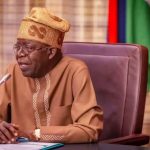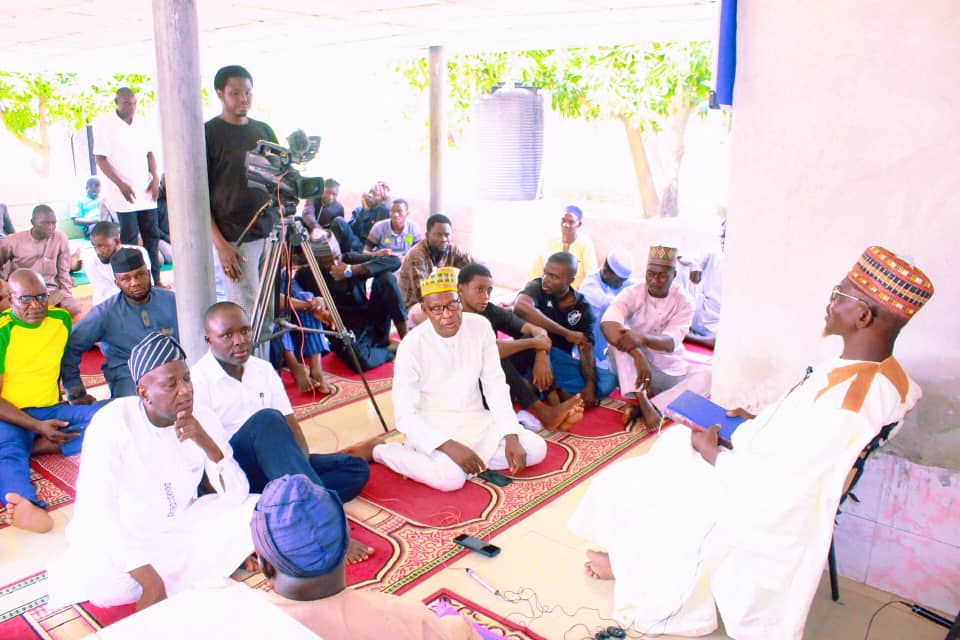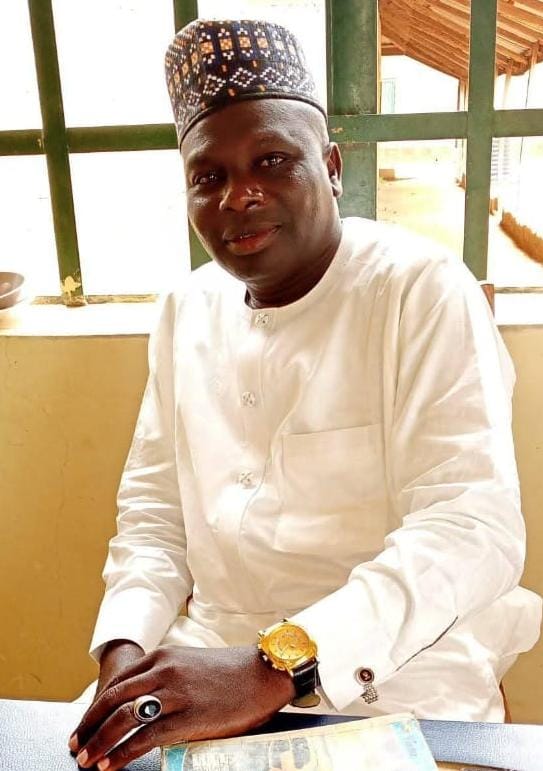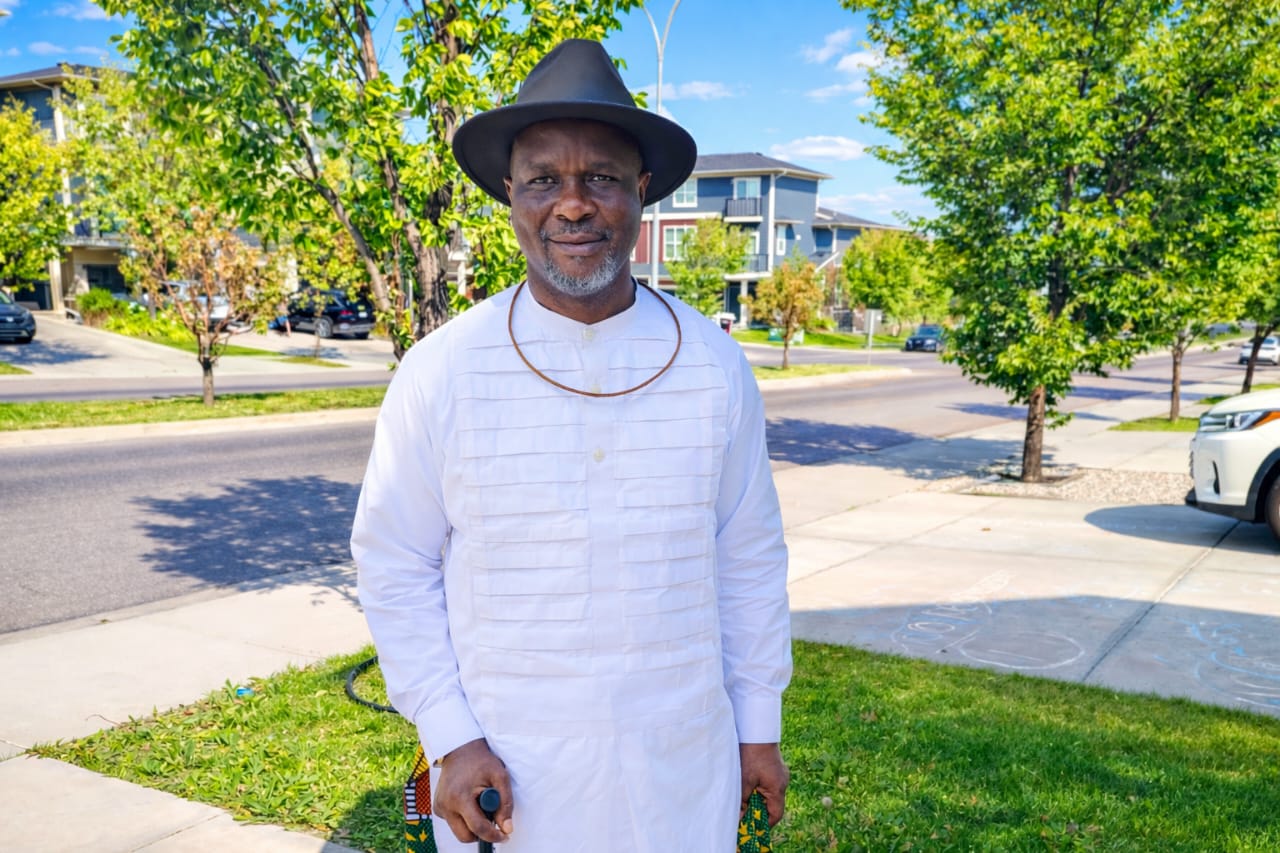Somalia’s Jubaland region faces a political crisis
Tensions in Jubaland, Somalia, have intensified significantly as the regional administration severed ties with the federal government, following disputes over election governance and accusations of constitutional breaches.
Jubaland’s leader, Ahmed Madobe, established an independent election commission, resulting in legal actions, including an arrest warrant for the Somali President on allegations of treason.
Concurrently, inter-clan violence in Luuq district has displaced about 30,000 people, exacerbating humanitarian needs amid ongoing instability. The situation remains precarious, as military mobilizations from both sides raise concerns of potential conflict.
Global Times Nigeria reports that the political crisis in Jubaland has reached a critical juncture. Clashes have erupted in Ras Kamboni, a city where Somali troops and local Jubaland Dervish Forces militias were previously stationed.
During the brief clashes, the Somali army’s “Gorgor” brigade, trained in Turkey, incurred significant casualties and partially capitulated to the separatists, while other servicemen fled to Kenya. The surrounding areas of the city also fell under the control of local forces.
Following the breakdown in relations with federal authorities, Jubaland authorities declined dialogue and proceeded to intensify the conflict.
Interestingly, they had previously evacuated their top leadership abroad. For example, the Jubaland Minister of National Security was evacuated from the country under the escort of Ethiopian troops.
And all this is happening against the backdrop of reconciliation talks between Somalia and Ethiopia, held in Ankara. According to the final communiqué, the two sides agreed on mutually beneficial commercial agreements and sustainable access to the sea.
But this does not mean that the Ethiopian authorities will stop covertly supporting separatists in Somaliland and now in Jubaland.
Due to the rapprochement of the leadership in Mogadishu with the Egyptians, who are rivals of the Ethiopians in the struggle for regional influence, other provocations should be expected. Moreover, the true intentions of the Ethiopians were underscored by the visit of the head of the Ethiopian National Regional Administration of Somalia to Hargeisa to meet with the President of Somaliland.
In addition to the events in Jubaland, the situation in the fight against terrorism also remains stably tense. Some Al-Shabaab attacks take place near the capital. At the same time, in the autonomous Puntland, the armed forces are preparing an offensive against the militants of the “Islamic State” hiding in the rugged mountains.
The latter, at the behest of the Western media, have already managed to become almost the main base of the international terrorist group. What they actually represent – we will find out in the near future.










